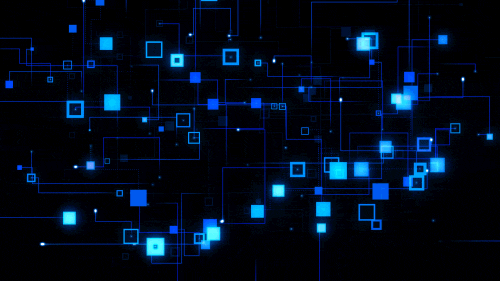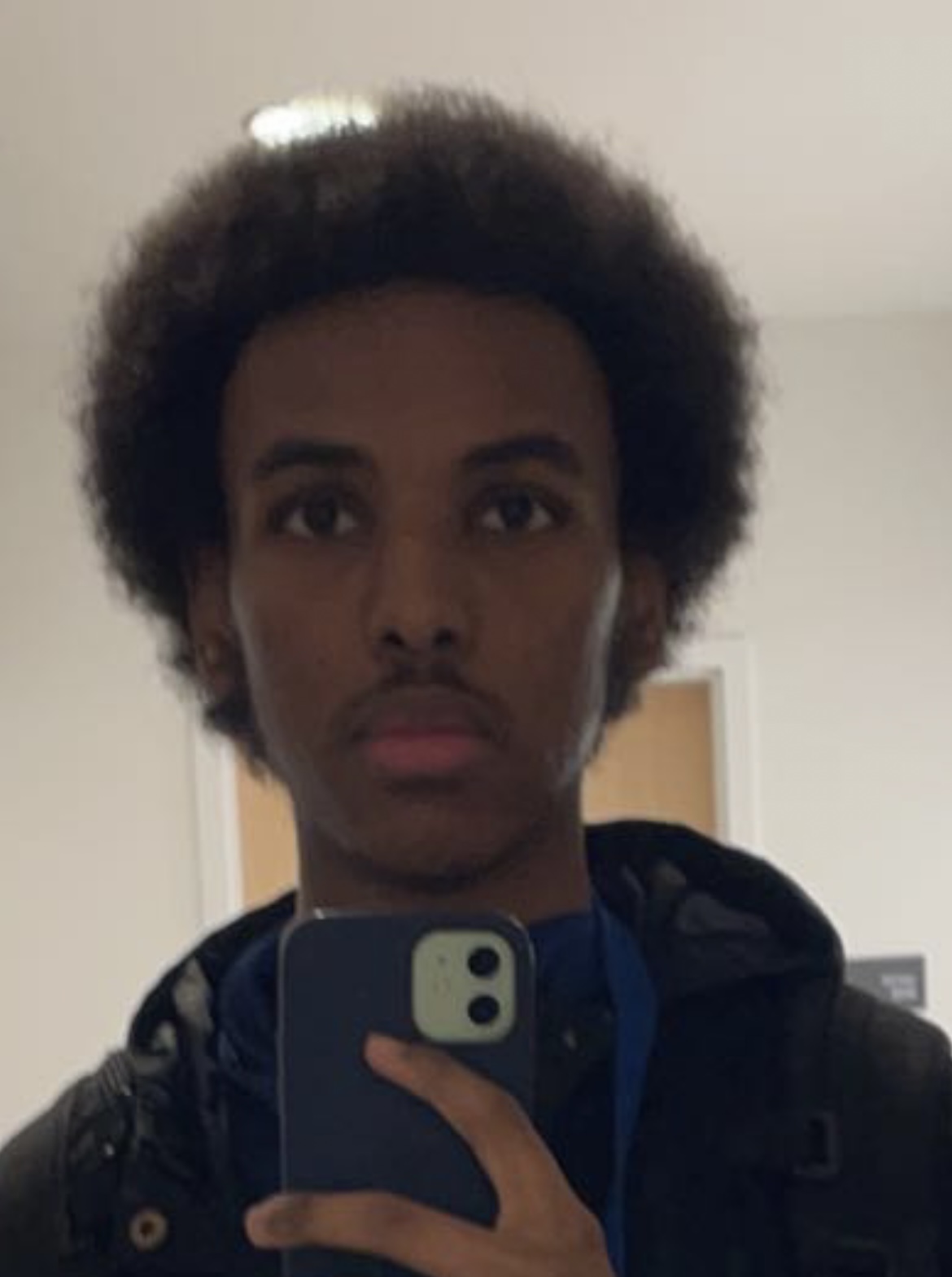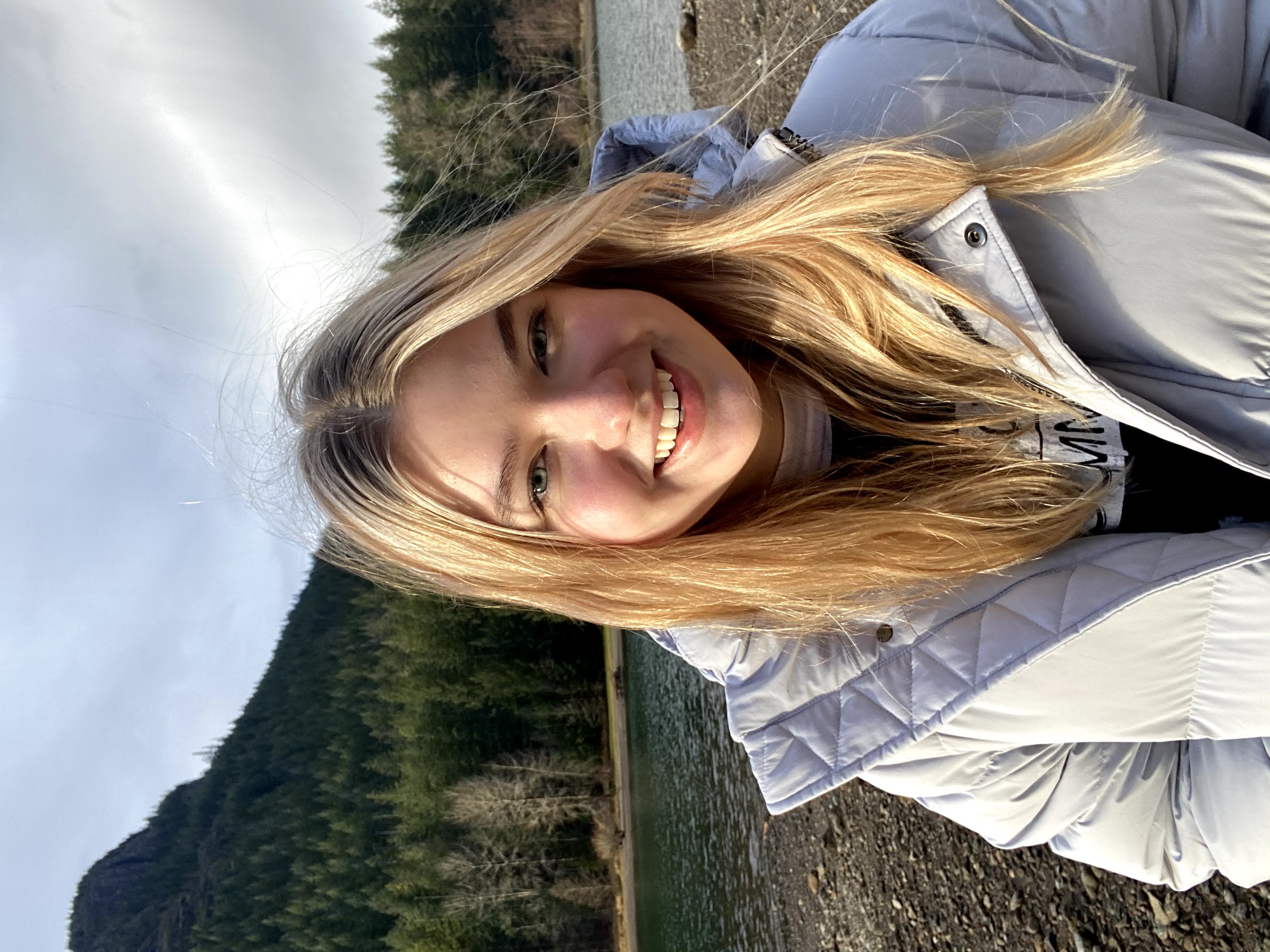By performing a linear regression, we were able to determine when the gender gap in computer science authorship will reach an equilibrium, if trends continue as they have been. The blue bars represent historical data, while the purple regression line represents our future estimate, which is in line with existing estimates. As visible in the chart, parity is expected to be achieved in the year 2097.











